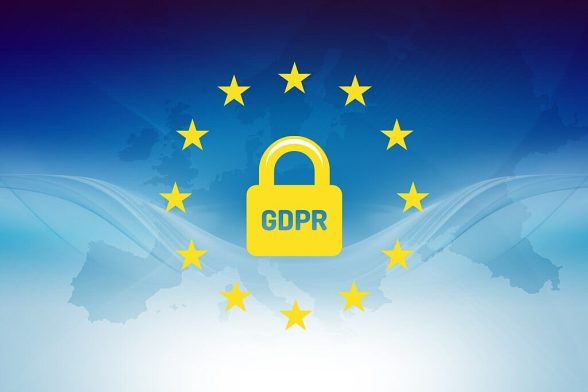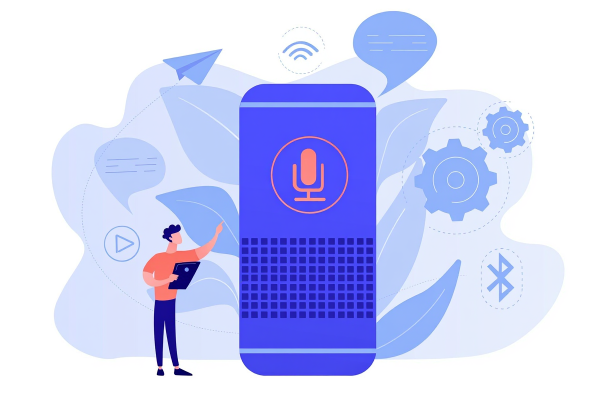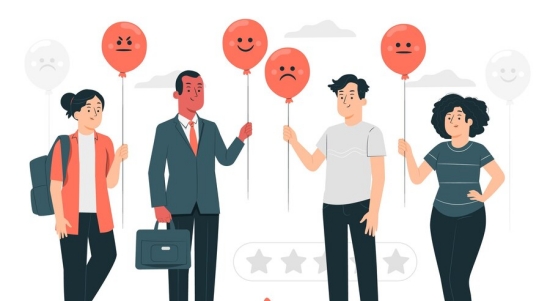- Resources
- How to implement GDPR in your Call Center
How to implement GDPR in your Call Center

Call Center Compliance & Security
If customers cannot trust you with their data, they won’t do business with you. GDPR compliance is good for your call center, and not that complicated to implement. This blog breaks it down for you:
When GDPR, or General Data Protection Regulation came into force May 2018, there may have been a collective groan from administrative staff across the globe. In today’s hyperconnected world, what affects Europe will affect businesses everywhere. But even if you are one hundred percent sure that you’ll never be privy to a European citizen’s data, ensuring GDPR compliance may be good for your call center.
Because GDPR compliance allows customers to trust you—and for call centers that’s always a good thing.
Besides, it’s not difficult to implement. When we had to get our contact center GDPR compliant, I distilled the complicated document into 8 basic steps. I am sharing them with you here in the hope you’ll find it easier than you expected.
In this article, we will explore:
What is GDPR?
GDPR or General Data Protection Regulation is legislation initiated by the European Union (EU). that includes a list of rules and regulations for the handling of customer data. It replaces the Data Protection Directive (DPD) and the UK Data Protection Act and other similar acts throughout Europe.
The GDPR aims to strengthen data protection across the EU and other countries. Quite simply, it gives the citizens control over how organizations may use their personal data. The GDPR is applicable to any company based in any part of the world that processes and st Save ores any personal data of EU citizens.
What’s the penalty for failing to comply with GDPR?
If a company fails to comply with the GDPR regulations, then they can face fines up to 4% of their annual global turnover or €20 million, whichever is higher. Also, the fine amount will vary based on the severity of the violation.
What does this mean for your call center?
The GDPR is applicable to all types of information pertaining to a customer including call recordings. This includes:
GDPR Is applicable to any personal data of the consumer.
Any personal data or information that can be used to identify a person like a name, address, number, date of birth, or social security number is protected under GDPR. Also, web-based data like user location, cookies, or IP address is also protected under the GDPR legislation.
GDPR is applicable to all your call recordings.
The GDPR also extends to call recordings. In most call centers, the customer consent needs to be recorded before the call commences and cannot be assumed. Now it’s not enough to play the line: ‘this call may be recorded for training purpose’.
How to ensure GDPR compliance in your call center?
GDPR gives businesses a better understanding of their obligations towards their customers. Obviously implementing these steps are easier said than done, but we have little choice but to get cracking at it. Data protection is becoming critically important. And data protection practices are here to stay.

- Record Caller Consent
Record caller consent as oral acceptance during the call, as a message, or as part of a customer agreement. - Justify Call Recordings
Ensure that your business can justify the call recording for any of the following purposes:- to fulfill a contract to which the individual is a party.
- to fulfill a legal obligation to which the recorder is subject.
- to protect the interests of one or more participants
- is in the public interest
- is in the recorder’s interest ( but only if those interests are less important than the interests of the individuals in the call.)
- Ensure Opt-Out
Make sure your call center allows callers to opt-out of being recorded. The call recording opt-in/opt-out should be reported and stored for future reference. - Create a data retention policy
Define a data retention policy for audio recordings. Customers should be given the flexibility to reduce storage. Define a default period of storage in your GDPR agreement, if no option is selected. - Get a GDPR addendum in place
Create a GDPR addendum for legal agreements. You need to ensure that any partner/end client has legal consent. - Encrypt
Ensure that call recording are stored in an encrypted format. - Authenticate
Ensure that all audio recording storage is protected by a login authentication regardless of whether it is available in scheduled reports, online reporting portal or in an open URL link access. - Enable Deletion.
Ensure easy steps for deleting customer records (via your support center) whenever s/he doesn’t want them to be stored.







